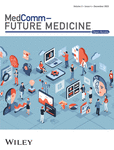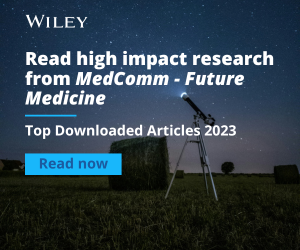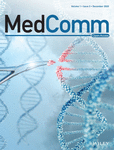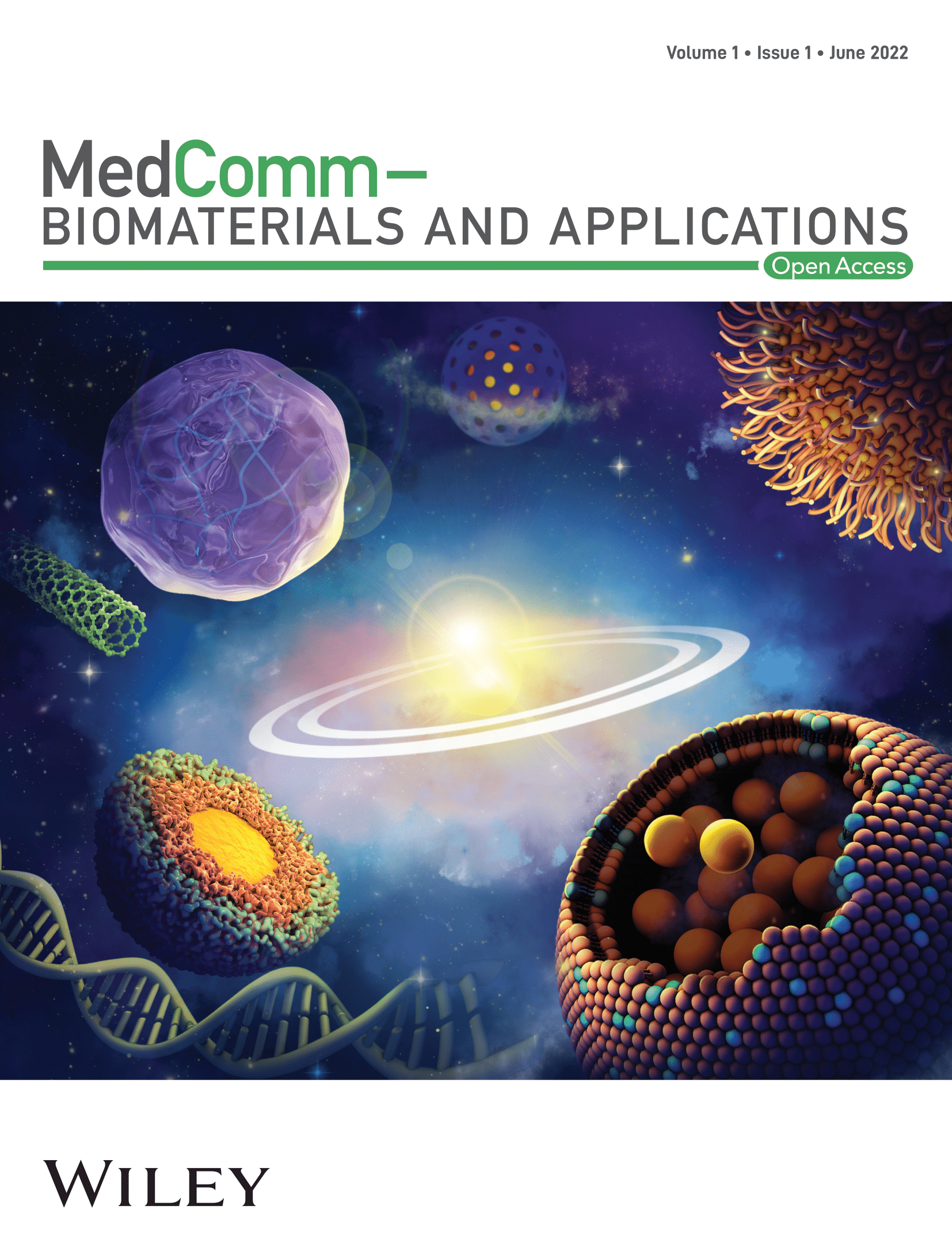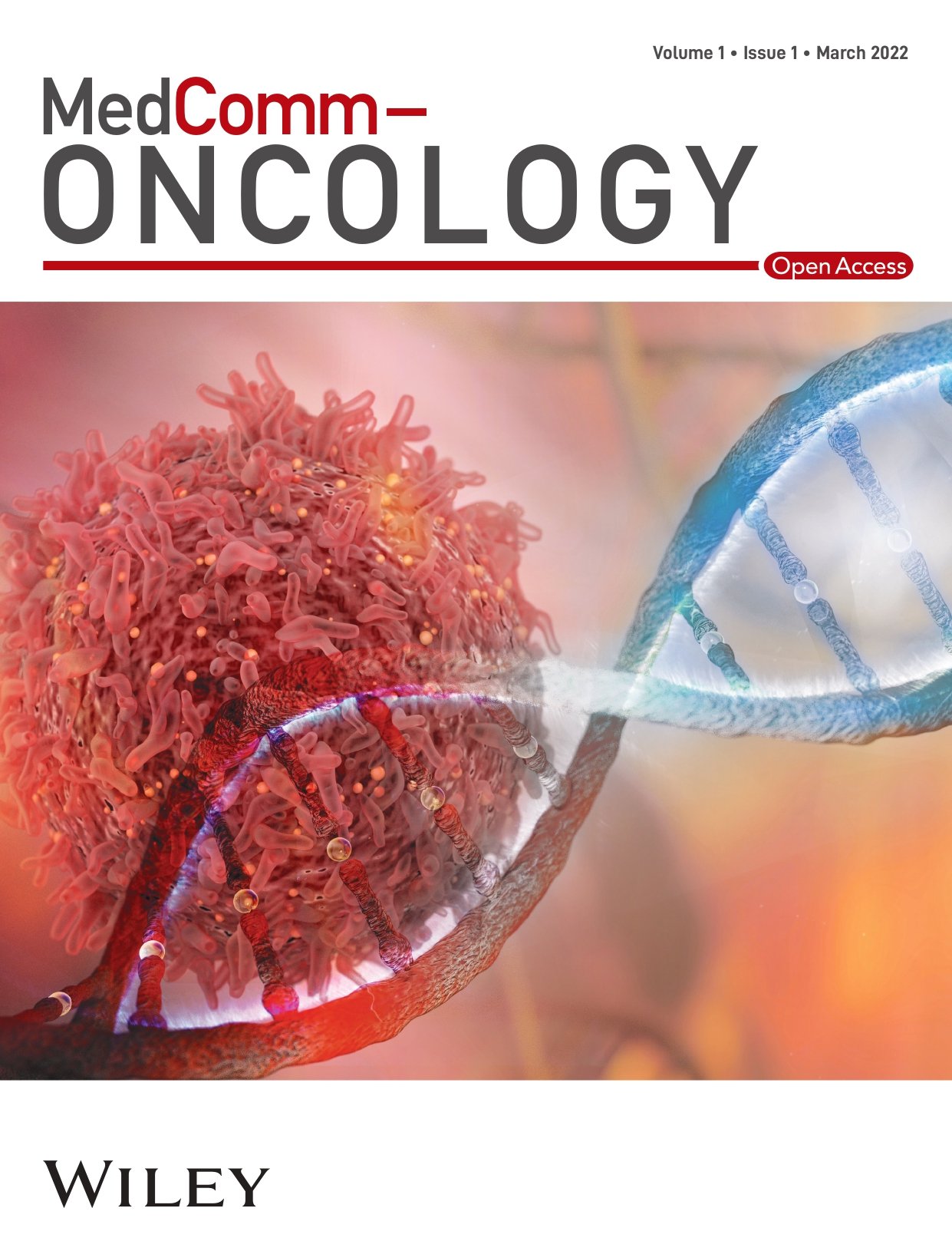Journal list menu
Export Citations
Download PDFs
ISSUE INFORMATION
ORIGINAL ARTICLES
Systemic pharmacology and bioinformatics: Exploring the modern biological mechanisms of rhubarb in the treatment of papillary thyroid carcinoma
- First Published: 13 December 2023
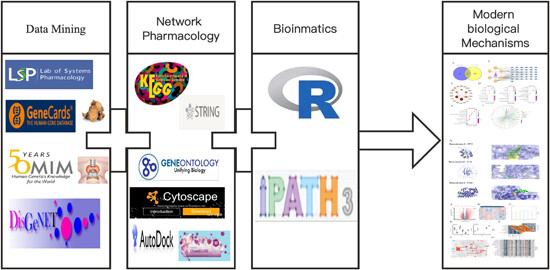
The purpose of our study is to investigate the active compounds, target genes, pathways, and mechanisms of rhubarb in the treatment of papillary thyroid carcinoma (PTC) using network pharmacology and bioinformatics approaches. Study offers insights into rhubarb's pharmacology and potential in PTC treatment.
Label-free Raman spectroscopy for the assessment of liver fibrosis
- First Published: 09 December 2023
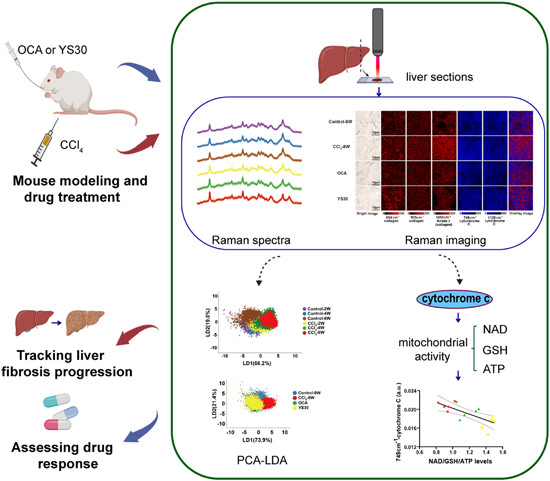
Raman spectroscopy in combination with principal component analysis-linear discriminant analysis succeeded in tracking liver fibrosis progression, assessing drug efficacy, and providing several potential biomarkers, including cytochrome C. Raman imaging further provided quantitative and spatial distribution of collagen and cytochrome C in situ. This could yield significant molecular information for quantitatively linking pathological assessment and the mechanism of drug action.
REVIEW ARTICLES
Cryoprotectants for red blood cells: Evaluate safety and effectiveness by in vitro measures
- First Published: 06 December 2023
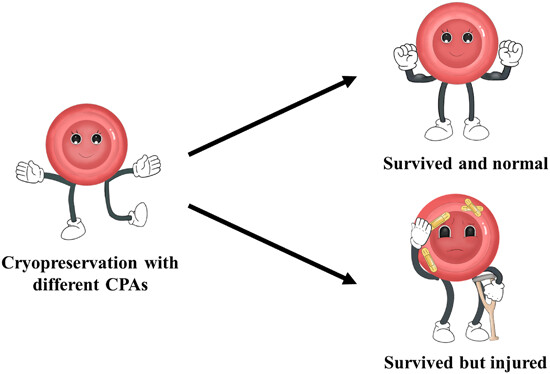
It is not sufficient to evaluate cryoprotectants (CPAs) only based on red blood cell (RBC) recovery. Their protective effects need to be estimated further by considering the safety and effectiveness. The safety of CPAs is defined as the degree of damage to RBCs, while the effectiveness is demonstrated by the properties of thawed RBCs.
LETTER
Association between haloperidol use and risk of rheumatoid arthritis
- First Published: 24 November 2023
ORIGINAL ARTICLES
Awareness of high and pathological myopia among myopic patients in China: A cross-sectional multicenter survey
- First Published: 04 November 2023
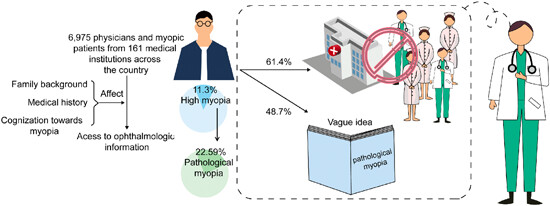
A total of 6975 physicians and myopic patients from 161 medical institutions in China were surveyed. High myopia prevalence was 11.3% (22.59% of which had pathological myopia). A total of 48.7% of physicians believed patients had misconceptions about high/pathological myopia. A total of 61.4% of outpatients lacked access to specialized staff for patient education. Patients' online ophthalmology information preferences varied, influenced by factors such as family background, medical history, and myopia cognition.
HIGHLIGHT
High sucralose intake suppresses autoimmunity and promotes tumor growth by limiting T cell-mediated immune responses
- First Published: 14 November 2023
PERSPECTIVE
Role of epigenetic modifications and aging in inflammatory bowel disease
- First Published: 25 October 2023
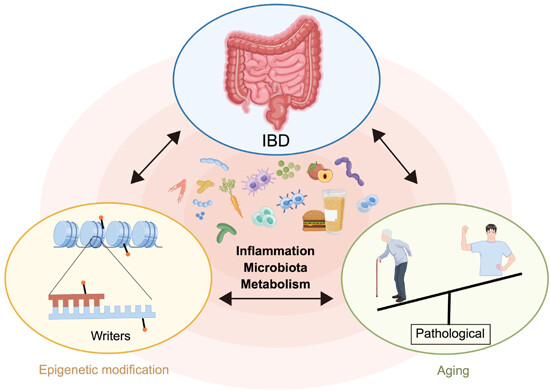
In this perspective, we provide a summary of previous studies focusing on the intersection of epigenetic modifications, diet metabolism, and aging in inflammatory bowel disease (IBD). We explore the connection between relevant alterations in epigenetic modifications associated with aging and diet metabolism with the inflammatory response and microbial homeostasis in IBD. Furthermore, we propose several potential therapeutic targets and strategies based on the pathogenesis of IBD (by Figdraw, https://www.figdraw.com).
REVIEW ARTICLES
Oncolytic viral therapy as promising immunotherapy against glioma
- First Published: 16 October 2023
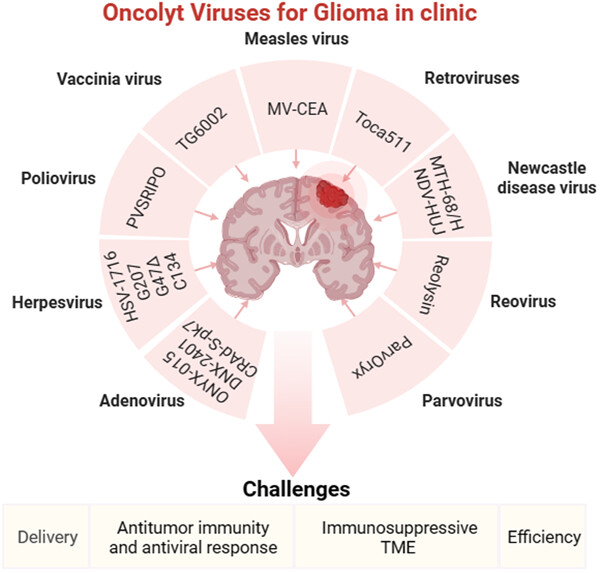
Multiple preclinical experiments and clinical trials have shown that oncolytic viruses (OVs) exhibit good antitumor activity in treating gliomas. This article summarizes the crucial clinical progress of various OVs in the treatment of glioma, the challenges faced by OVs in the treatment of glioma, and looks forward to the future development prospects of OVs.
LETTER
Survey of commercial antibodies targeting Y chromosome-encoded genes
- First Published: 03 October 2023




